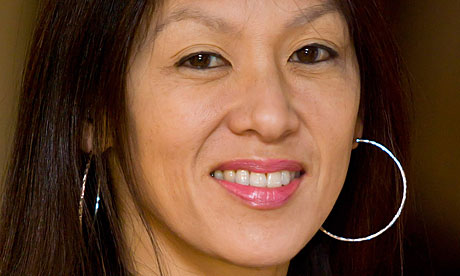By John Kay in the FT
Published: January 25 2011 20:41 | Last updated: January 25 2011 20:41
Northern Rock was a narrow bank, with only retail customers, and Northern Rock failed; Lehman Brothers was a pure investment bank, but Lehman too failed. The issues in financial reform are to do with the behaviour of businesses, not the structure of their industry.Published: January 25 2011 20:41 | Last updated: January 25 2011 20:41
Wrong. The point of structural reform of the banking system is not to prevent banks from failing. Regulators have neither the technical competence nor political authority to achieve that objective. Nor, even if they had such competence and authority, would the outcome be desirable. The degree of supervision and control would undermine management responsibility. Regulators would need to be able to block Royal Bank of Scotland's takeover of ABN Amro, halt Northern Rock's expansion, and fire Dick Fuld and his associates from Lehman – and that just for starters. The banking system that would emerge would be like nationalisation, only not as fast-moving.
The purpose of structural reform is to allow financial institutions to fail without imposing large costs on taxpayers, retail customers and the global economy. The moral hazard problem is more subtle than sometimes suggested. Banks do not think: "We can afford to take big risks because the government will help if things go wrong." The downside of failure for senior executives and boards is large even if it is not as large as it should be.
But senior executives and boards can reasonably think: "We can afford to run large counterparty exposures because the government will help if things go wrong." Experience has shown that they will generally be right to think that. The transfer of wholesale market counterparty risk from the market to the taxpayer is the central issue. It distorts competition, allows excessive risk-taking and imposes wholly unacceptable burdens on the public. The most powerful mechanism for controlling risk-taking is prudential supervision, not by regulators, but by the market itself.
These are the issues that Sir John Vickers, the head of the UK's independent banking commission, highlighted in his speech last Saturday. Universal banks argue, correctly, that separation of their retail and wholesale activities would raise funding costs. The numbers cited – several billion a year for each large universal bank – are probably exaggerated but the impact is large. These figures measure the value to the financial system of the reduction in counterparty risk that financial conglomerates enjoy from access to a large retail deposit base and the expectation of government support. They indicate the scale of the subsidy that depositors and taxpayers provide to wholesale trading.
It is sometimes tempting to think that guarantees that are not called upon do not cost anything, although this mistake is not one that banks themselves make. Guarantees, implicit or explicit, mostly do not cost anything. But when they do cost something, what they cost is usually a lot. The implicit guarantors of Fannie Mae and AIG – US taxpayers – have discovered that. Irish – and German – taxpayers are beginning to learn the same lesson.
It is not possible for one country, even the US, to impose restructuring of the global financial system on its own, and not sensible to try. A business such as HSBC or Standard Chartered, which operates globally, can migrate if its lead regulator imposes burdensome requirements. But the mobility of capital, and even headquarters, does not prevent unilateral action to protect domestic depositors and national taxpayers. The first object is achieved by insisting that domestic depositors' funds are ring-fenced, the second by insisting that government does not underwrite the wholesale market obligations of banks located within its borders.
That might lead banks to shop around in search of accommodating jurisdictions willing to underwrite their global activities. Such banks would be the corporate equivalent of the benefit scrounger posing as asylum seeker, and are likely to receive the welcome that such migrants receive as individuals.


